The idea of meaning has been on my mind. If I am to be completely honest, it is always on my mind. When I read a book, a story, or even watch a movie, I am working to flesh out the meaning of a story, hidden or otherwise. But this becomes a tricky point, and a sticky subject when I start to analyze much of what comprises our popular culture and literary fiction these days. Anymore, genres of fiction seem to identify the book, more than categorize it. Within the last ten years or so, the new sub-category of YA, or young adult has sprung onto the market and quite quickly become the fastest growing, and most sought after species of books on the market. In many circles, YA has become synonymous with romance (we can probably thank novels such as Twilight fame for this). One person argued with me that young adult and romance go hand in hand. That every coming of age story should include romance, if it is not primarily about it. My argument in response was, as always, why? What makes romance any more important to this puberty afflicted, transitional, hormone ravaged age group? Are there not other literary elements and plot points that can be just as engaging, without being so narrow focused and assuming. When you consider the other major genres, ie: horror, mystery, science fiction, fantasy, comedy, and drama, YA sounds incredibly vague. Does it describe a genre of fiction, or does it categorize the book shoppers as select and quantifiable units within a sound marketing strategy? I'd have to lean towards the latter more than the former. Young Adult, like New Adult, Middle Grade, Adult, and Children's books seeks to categorize books more by the demographics of their potential customers than the content of their novels. So what then is the meaning associated with any one particular sub-genre in Young Adult? At count, Amazon has 13 different sub genres listed under the Young Adult/teen parent.
By its nature, does Y.A. simply try and emulate, and therefore aid, a group of people struggling with the natural pitfalls of their specific developmental situation? After all, so many protagonists in Y.A. books are questing for something, usually an item or a skill to overcome a particular scenario or hurdle. Is this to help young adults relate and provide context as they struggle to fit in, or perhaps, overcome a challenge and slide into the next, slightly more mature role? That's cool, and I would say that if that was the case, then Y.A. could serve a very valuable purpose for young adults. But back to the romance. While shopping through Amazon's increasingly complex sub-genres, I stumbled upon #instalove. Evidently, simply using the plot element wasn't enough, now we have analytics out there so people shopping for books can pinpoint and identify books that feature characters that "fall in love at first sight", or as the newer generation calls it, instalove. I'm not going to lie, evidently I am too old for this. Yes, I rolled my eyes. When I write stories, I strive to make them as believable as possible (okay, within reason - after all, magic, swords, and laser blasters notwithstanding). But...I try and make my characters interact in a believable and organic manner. No one falls in love at first sight, let's call it what it is, lust, attraction, pheromones. So where does this idea of #instalove come from? Is this wishful thinking by Y.A. writers and readers? Do you see it in adult genres as well? If you stretch the idea of meaning to encompass instalove, I am led to some interesting conclusions. Does instalove constitute a younger generation's quest for sexual viability? Or, more likely, is instalove just an offshoot of these young generation's need for instant gratification. Has it spilled over from streaming music, movies, and t.v, expedited shipping, and on and on. Weigh in...

